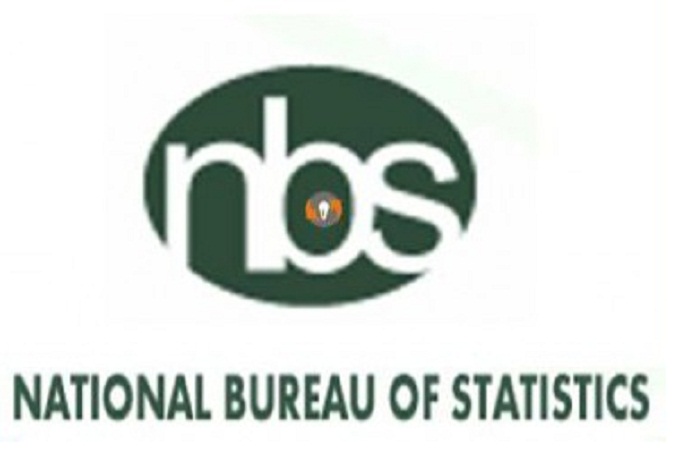Data from the National Bureau of Statistics (NBS) show that the Federal Government received N1.09tn through indirect taxes in the first two quarters of 2022.
This is an increase of 10.29% from the N984.33 billion earned in the first two quarters of 2021.
Based on the current fundamental pricing, indirect taxes are computed. They are taxes that a producer or merchant pays to the government and then transfers to the consumer. Value-added taxes, customs fees, and import levies are a few examples.
The NBS released these facts in its most recent Gross Domestic Product report, which also stated that the GDP of the country increased by 3.54 per cent in real terms during the second quarter of 2022. Additionally, it said that the total nominal GDP was N45.01 trillion.
Indirect taxes are growing steadily, according to GDP figures. Taxes increased from N636.19 billion in Q1 and Q2 of 2020 to N984.33 billion in Q1 and Q2 of 2021, and then to N1.09 trillion in Q1 and Q2 of 2022.
The Federal Government has made efforts to boost its non-oil revenues, particularly tax collections, in response to declining oil revenues.
The government stated that revenue collection “remains the major fiscal problem of the Federal Government” in its Medium Term Expenditure Framework & Fiscal Strategy Paper for 2023–2035.
“The systemic resource mobilization problem has been compounded by recent economic recessions. Recognising that domestic revenue mobilisation is important for sustainable development, the Federal Government has instituted the Strategic Revenue Growth Initiatives to improve government revenue and entrench fiscal prudence, with emphasis on achieving value for money.
“These measures include improving the tax administration framework, including tax filing and payment; as well as the introduction of new and/or further increases in existing pro-heath taxes like excise on sugar-sweetened beverages, tobacco, and alcohol. Mixed reactions have greeted the implementation of these measures.”
The government stated that the tax rate will not change throughout the time period, but that it expected that other taxes would increase due to improvements in how the various tax administrators operate.
Additionally, it anticipates that the amount of consumer spending on which VAT may be levied will rise from N53 trillion in 2023 to N40 trillion in 2024 and N45 trillion in 2025.











